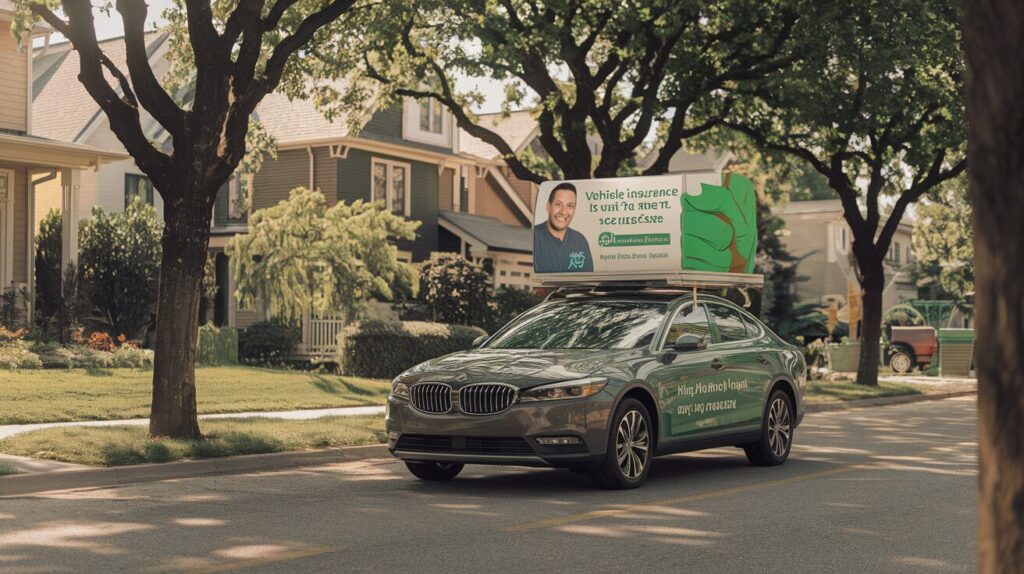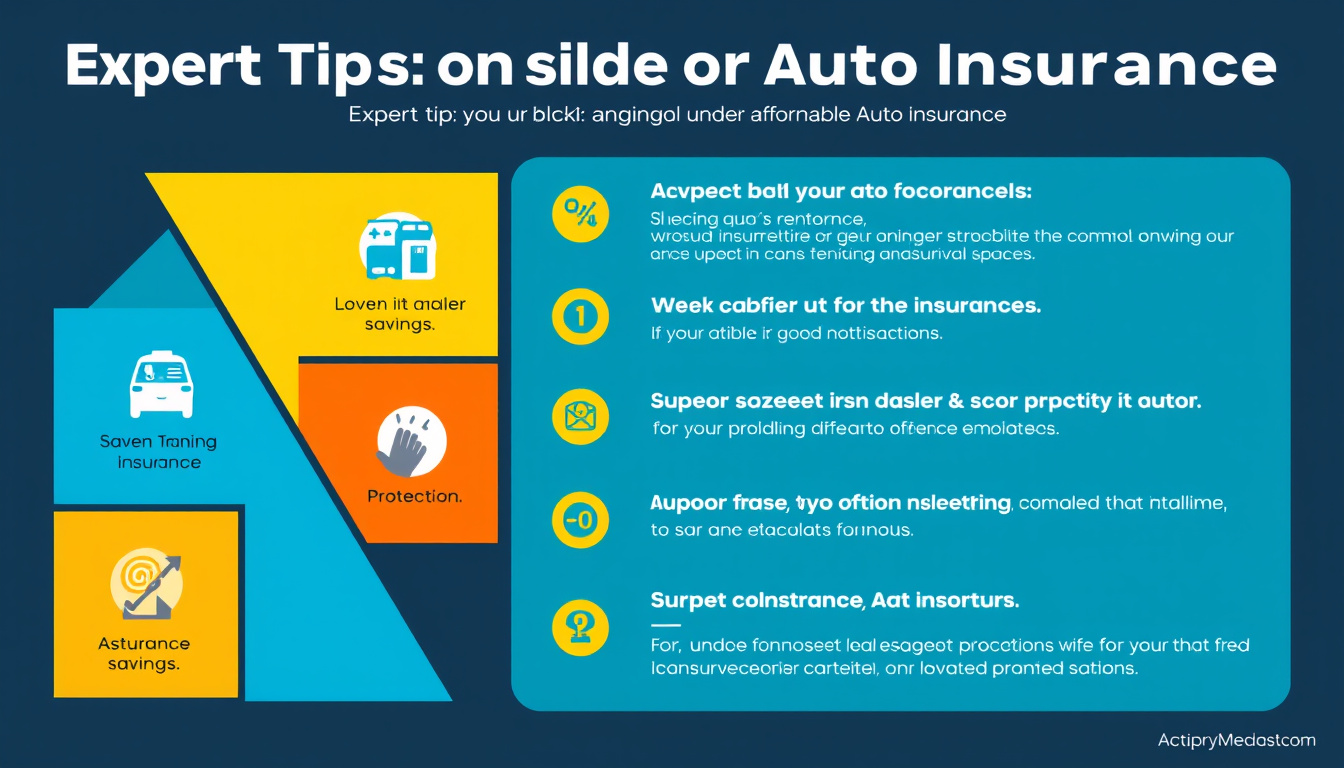Overview of Vehicle Insurance in the United States
Vehicle insurance in the United States, commonly referred to as car insurance or auto insurance, is intended to mitigate the financial risks associated with liability or the loss of a motor vehicle. This coverage is particularly relevant in the event that a vehicle is involved in an accident that causes property damage or physical injury.
- Most states mandate that vehicle owners maintain a minimum level of liability insurance.
- However, New Hampshire and Mississippi do not require car insurance, allowing vehicle owners the option to post cash bonds instead.
The privileges and immunities clause of Article IV of the U.S. Constitution safeguards the rights of citizens traveling between states.
- Vehicle owners typically pay a monthly or annual fee, known as an insurance premium.
- Premium amounts are influenced by:
- Type of vehicle insured
- Marital status
- Credit history
- Homeownership status
- Age and gender of covered drivers
- Driving records
- Primary location where the vehicle is driven and stored
- Insurance companies:
- Adjust premium rates based on these variables
- Provide discounts less frequently
- Vehicle owners receive an insurance card for their coverage period, which must be:
- Kept in the vehicle as proof of insurance in case of an accident
- Some states now accept electronic versions of this proof

Coverage Levels
Coverage levels can vary significantly based on the insurance policy chosen.
- Common formats:
- 20/40/15
- 100/300/100
- Example (100/300/100):
- $100,000 per individual (medical)
- $300,000 total for all individuals (medical)
- Final number refers to property damage
- Property damage can include:
- Damage to another vehicle
- Damage to any impacted property during the accident
Additional and Required Coverage
- Some states require Personal Injury Protection (PIP), which covers:
- Medical expenses
- Lost wages
- Other related costs
- Optional add-ons:
- Uninsured or underinsured motorist coverage
- Mandatory liability insurance is enforced in most states to ensure:
- Drivers can cover damages to others or their property
- Some states, like Wisconsin, have more flexible “proof of financial responsibility” requirements
Commercial Vehicle Insurance
- Operates similarly to personal auto insurance
- Does not cover personal use of the vehicle
- Premiums are higher due to broader coverage options for business use
Top Vehicle Insurance Providers (As of 2017)
- State Farm – 18.1%
- GEICO – 12.8%
- Progressive Corporation – 9.8%
- Allstate – 9.3%
- USAA – 5.7%
- Insurance can be obtained through:
- Independent agents or brokers
- Online brokers (many represent multiple agencies)
Further Information: Liability Insurance
Liability insurance, sometimes referred to as casualty insurance, provides coverage for:
- Bodily injury (BI)
- Property damage (PD)
This applies when the insured driver is held responsible for an incident.
- Coverage amount varies by jurisdiction
- Insured individuals can:
- Opt to increase coverage for an additional fee before any loss occurs
Example:
If an insured driver collides with a telephone pole:
- Liability insurance covers damage to the pole
- Additional liability may include:
- Loss of service claims from the telephone company (depending on local laws)
Bodily Injury Cases:
If an insured driver causes harm to another person:
- Liability insurance will cover:
- Expenses incurred by the injured party, if legal criteria are met
- If the injured party sues the driver, the coverage will:
- Handle court costs
- Cover any damages the driver is found liable for
In some states, including New Jersey, it is illegal to:
- Operate a vehicle without insurance
- Allow someone else to drive a vehicle without coverage










